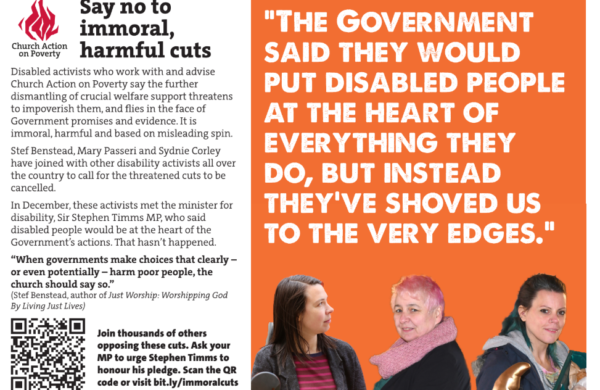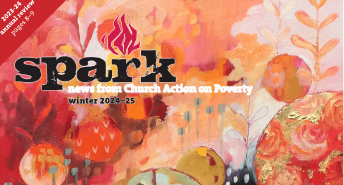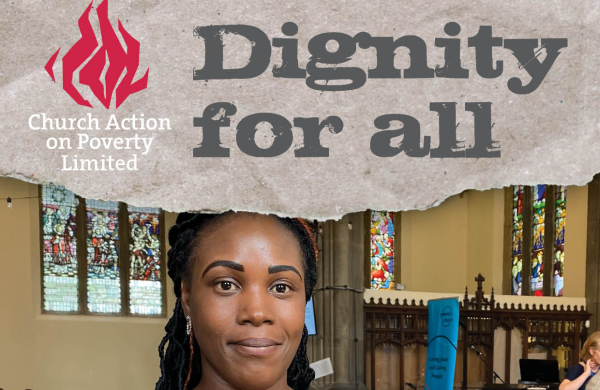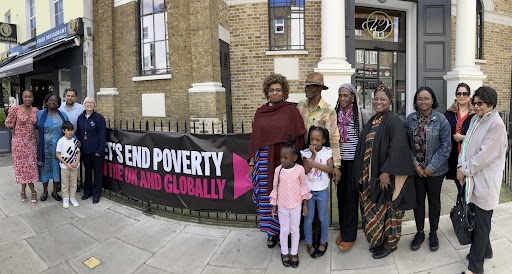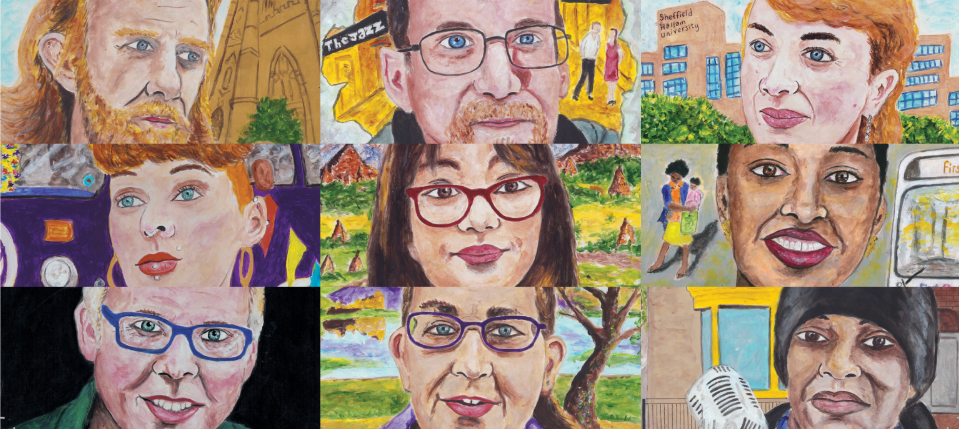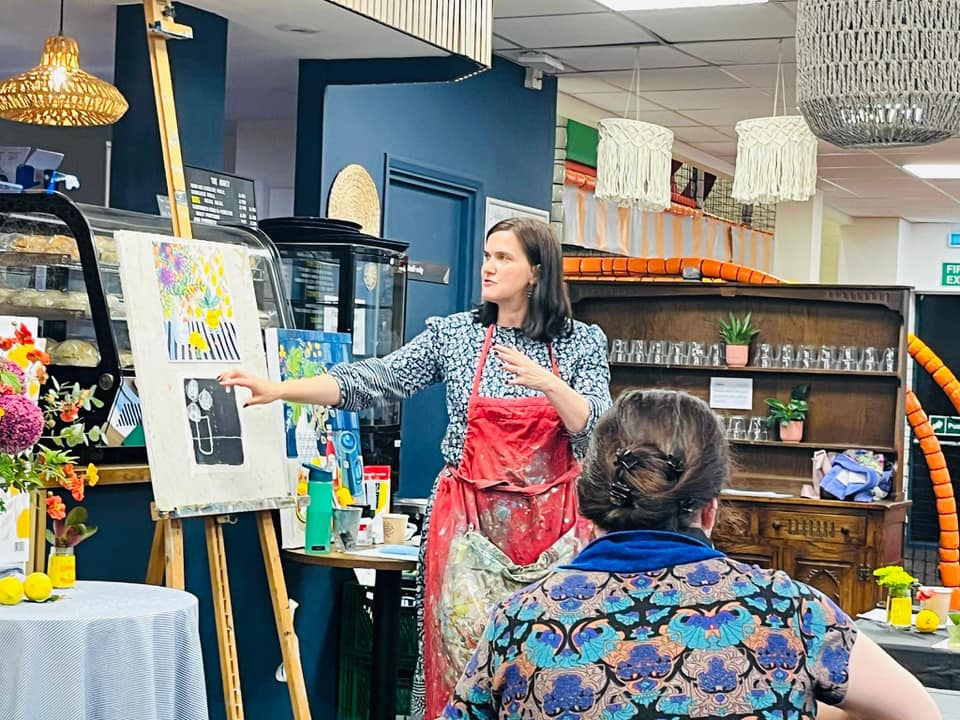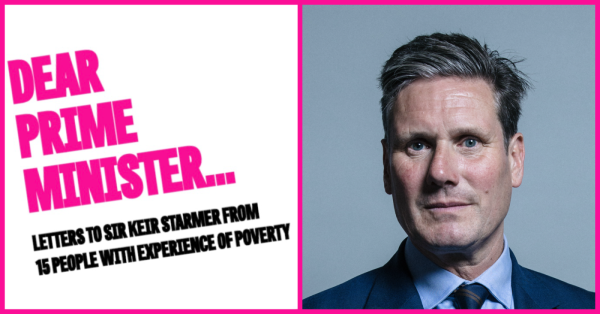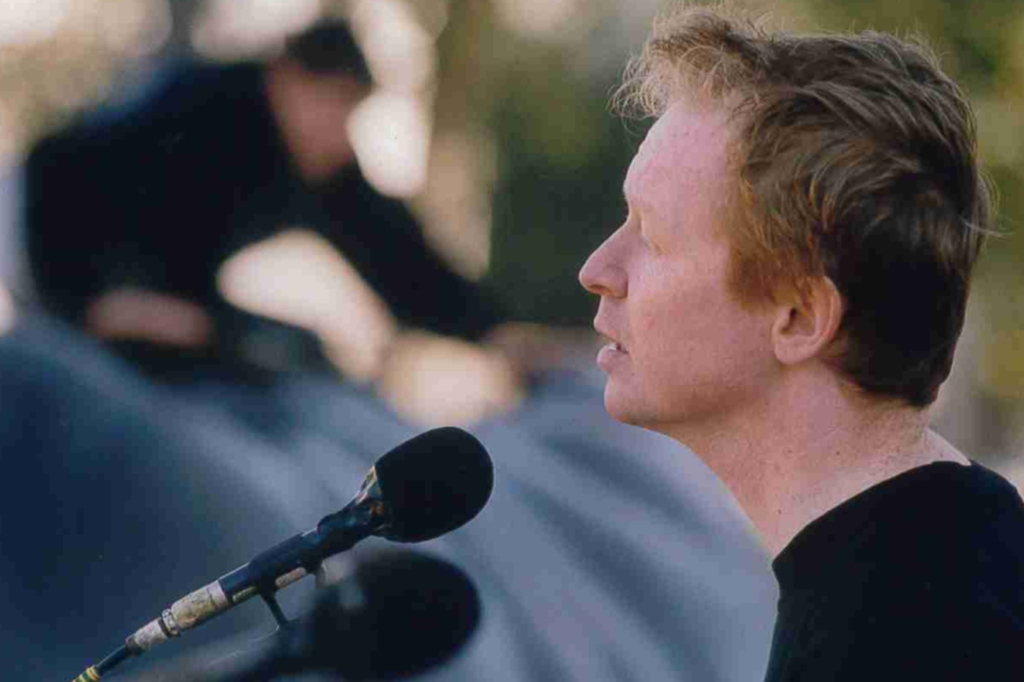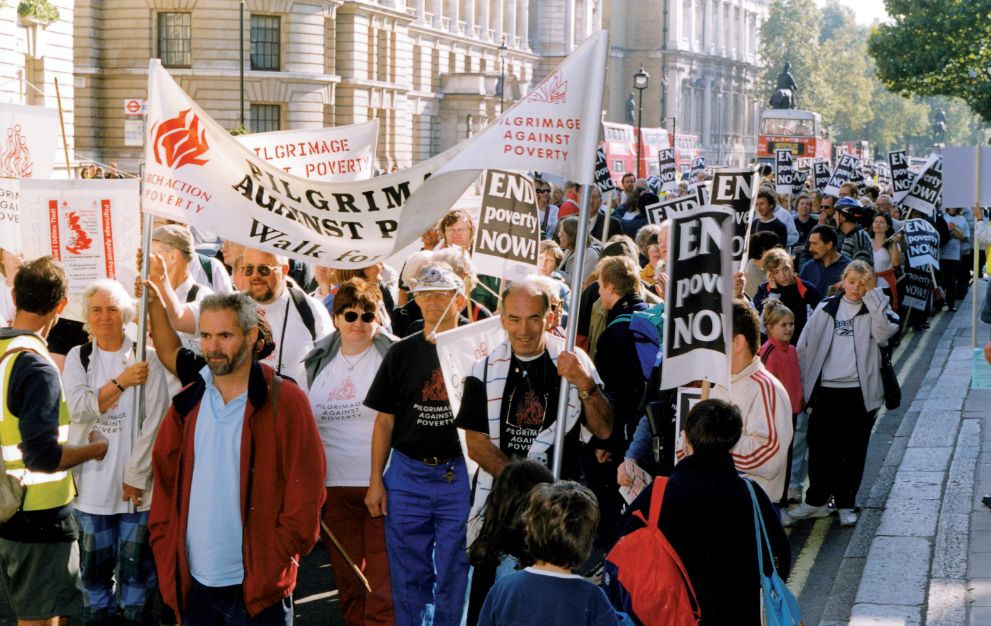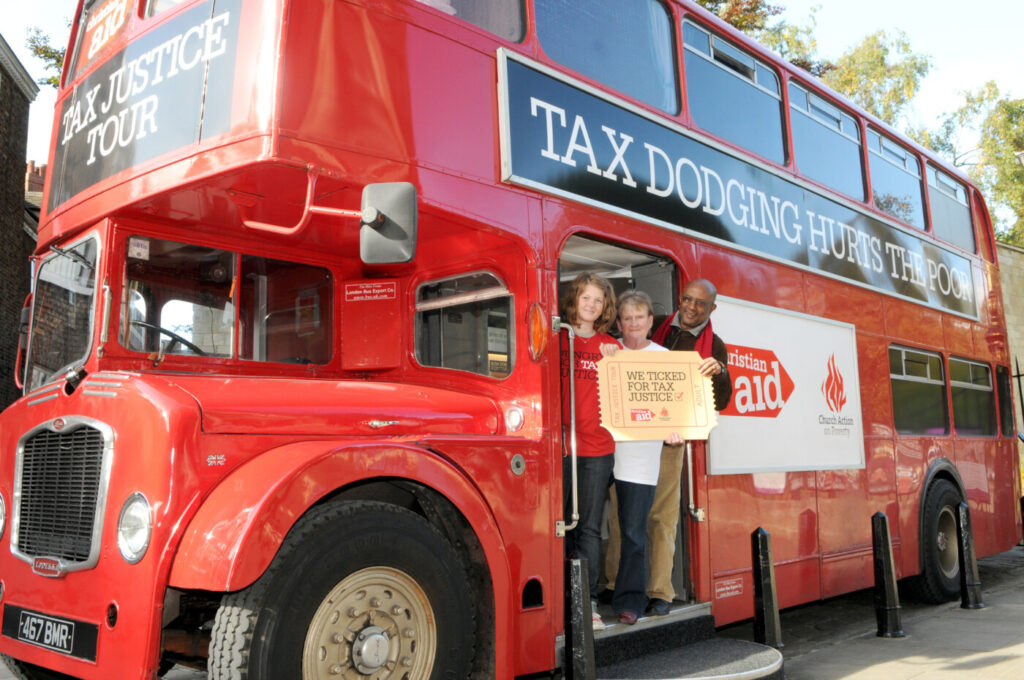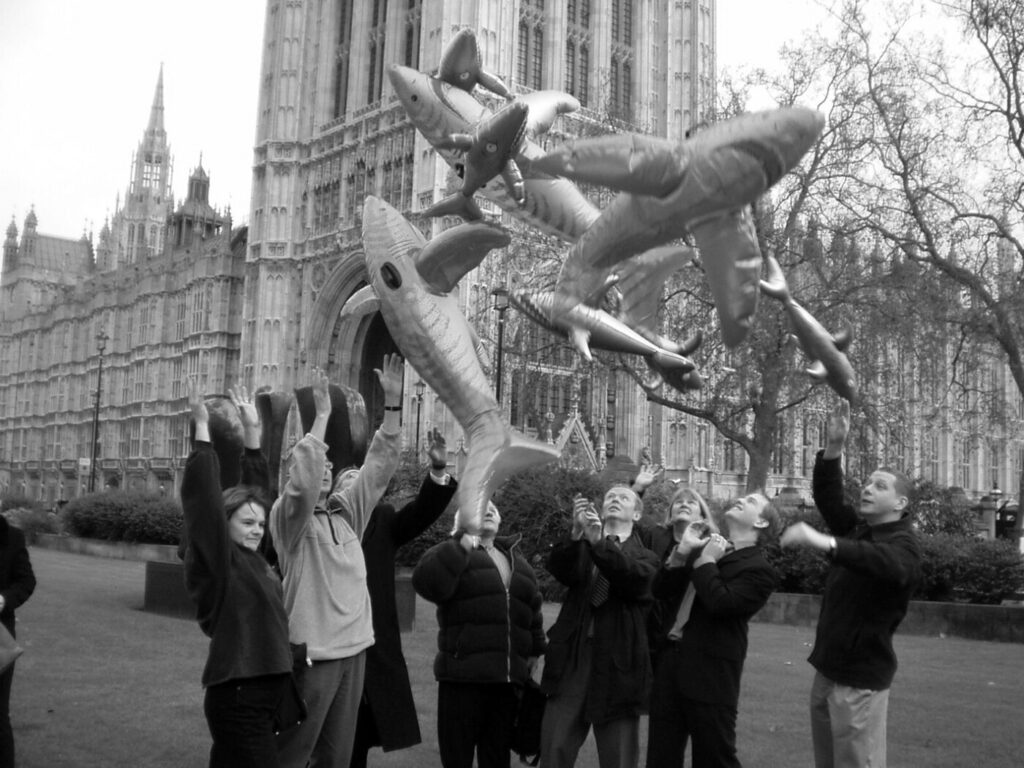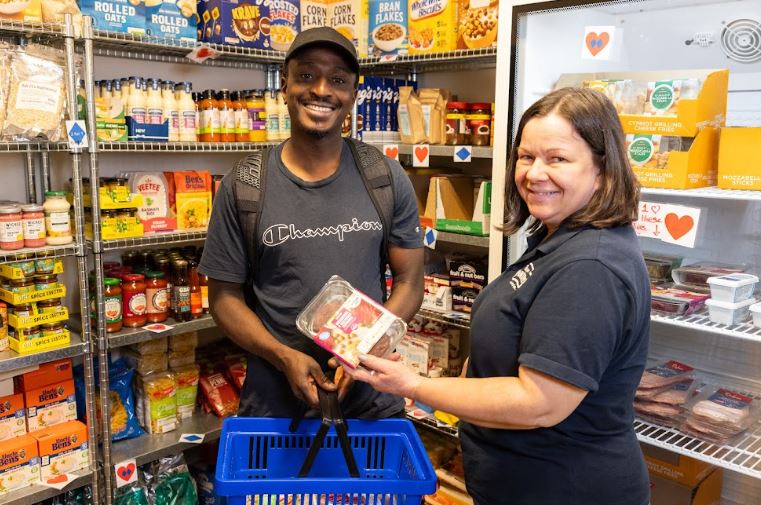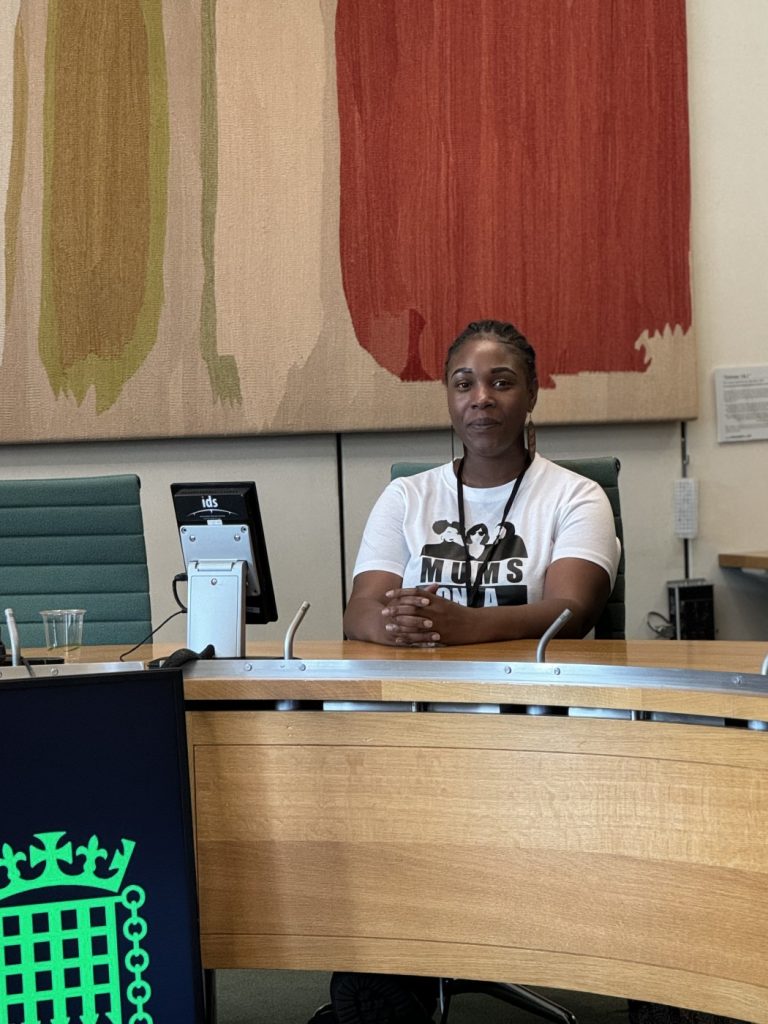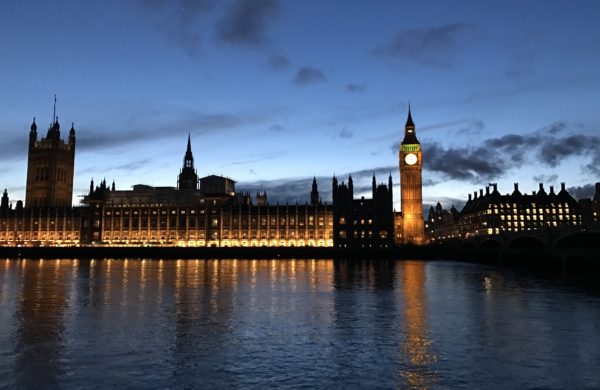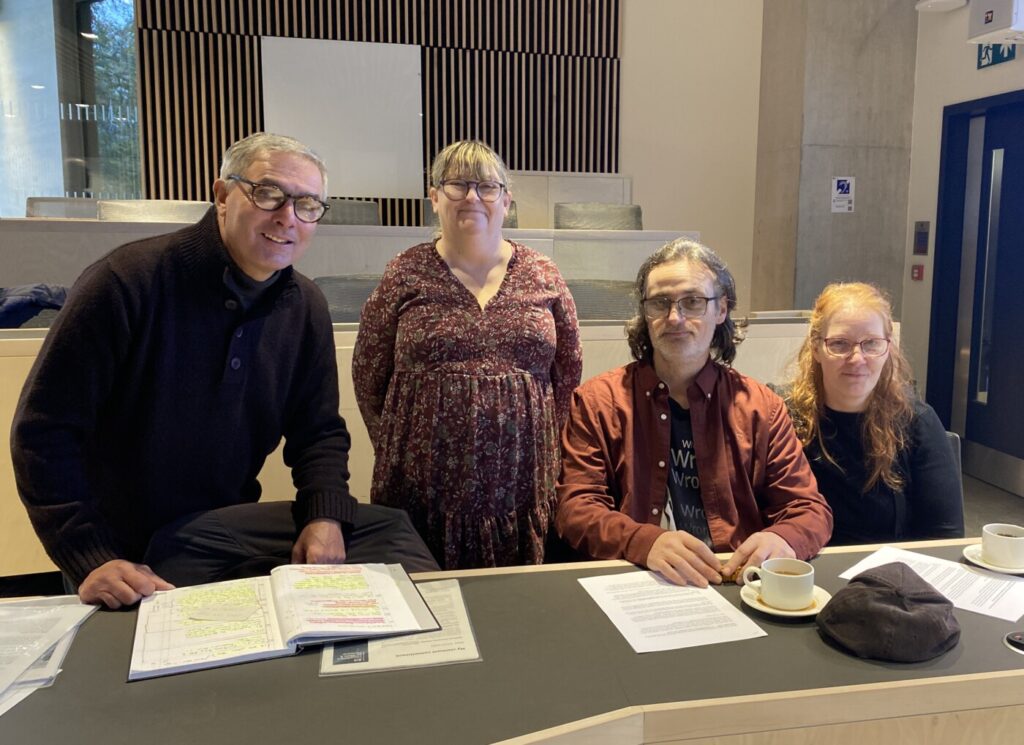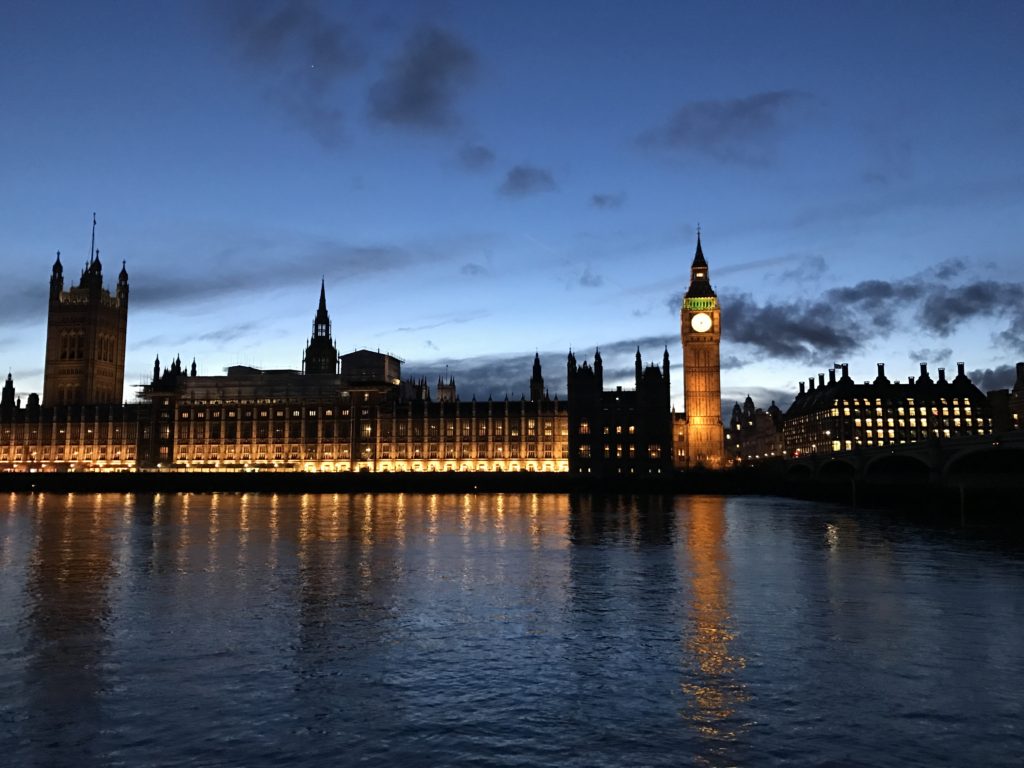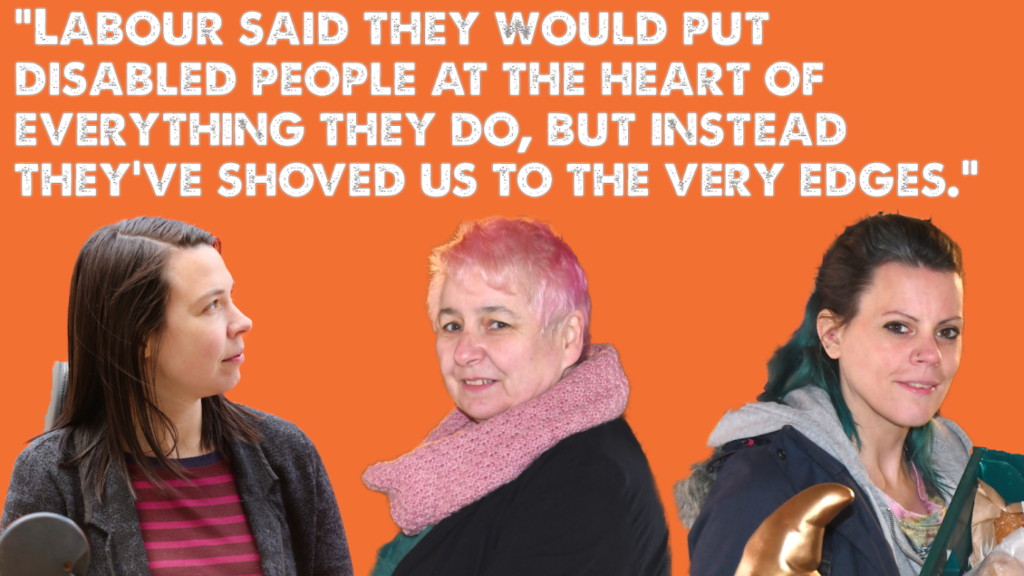During Challenge Poverty Week 2024, the Dear Prime Minister campaign brought the lived experiences of 15 individuals into the Houses of Parliament, and right to the doorstep of the Prime Minister himself!
As the project draws to an end, individuals and organisations who have been involved have been celebrating everything that Let’s End Poverty has achieved and reflecting on the journey so far. At the start of April, 35 leaders bringing lived and learned experiences of poverty from across the UK gathered in Manchester for a National Poverty Consultation, hosted by Church Action on Poverty.
The National Poverty Consultation provided an important opportunity to bring together leaders from grassroots groups, individuals offering their lived and living experiences of poverty into their advocacy and staff from charities and Churches. This highlights the importance of a future for the anti-poverty movement in the UK that creates space for everyone to play their part, where ‘diagonal connections’ between the right people lead to transformative change.
Acknowledging that there is still a mountain to climb when it comes to ending poverty in the UK, the 24-hour residential created a space for reflecting back on how the journey of Let’s End Poverty might equip us for the way ahead. Throughout the process, two essential qualities for an effective anti-poverty movement emerged: relationships, and anger.
Transformative relationships
At its heart, Let’s End Poverty has been a collaboration of individuals in relationship with one another, listening to each others stories and drawing on each other’s skills and gifts to create change. Crucially, when these relationships bridge the often wide gap between people in roles of leadership, whether in political and public life, or in organisations, churches or charities and individuals who bring lived experiences of the struggle against poverty, they have the potential to be deeply transformative. The movement to end poverty in the UK must create spaces to build relationships that enable solidarity, transform shame and stigma and tell a different story about what it means to live alongside one another well.
Righteous anger
It also became clear that the deep-rooted damage poverty is bringing to the lives of individuals and communities means that true relationships often lead to anger. It cannot be acceptable that poverty is holding more than 1 in 5 people in the UK back from living full lives. Living and truly understanding this reality stirs up a righteous anger that is echoed by the biblical prophets, and prophetic activists from history who have stood up and raised their voices in resistance to injustice.
This anger has to be part of a movement if it is to successfully move society from passive acceptance to active resistance. It must be the fuel for collaborations that speak loudly and clearly about the different future we believe we can build together, and the steps needed to get there. Without anger, solidarity can easily become kindness and opportunities for transformation are limited to temporary change. In the face of continuing policy changes that are reducing incomes and opportunities for people and communities living on the lowest incomes, an effective movement has to draw on their anger to motivate sustained, impactful change.


